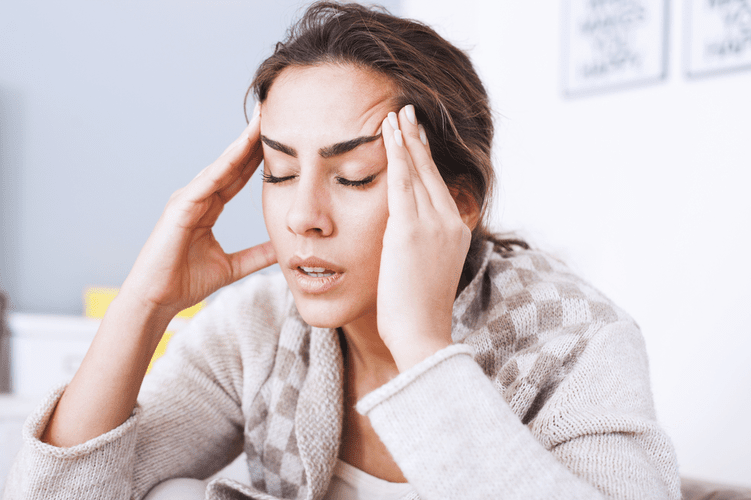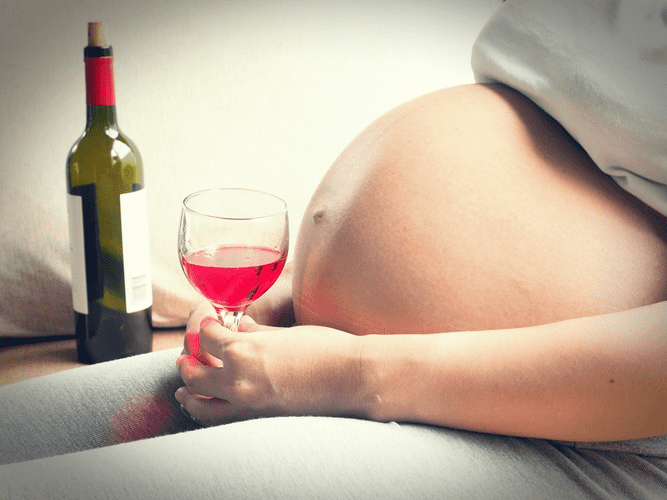Dark urine usually means you’re not getting enough water, though urine color can vary due to medications, supplements, and some foods. Dehydration happens when you lose too much water and body salts (electrolytes), such as sodium and potassium. A vodka with soda is likely more hydrating than just a shot of vodka because you’re consuming more fluids from the soda. But that doesn’t mean you shouldn’t enjoy an adult beverage or two from time to time. Here’s what you need to know about how alcohol dehydrates the body and how to drink responsibly.
- These foods also benefit from being easy on the digestive system if a person is upset from drinking too much alcohol.
- Perhaps you dehydrated yourself while exercising or spending all day in the hot sun.
- Alcohol poisoning occurs when excessive amounts of alcohol in the bloodstream cause vital functions, such as breathing and the heart, to shut down.
- Your doctor and other medical professionals will watch you for symptoms of withdrawal.
- Unless you were simultaneously sun-bathing and drinking a bottle of rosé, those feelings were probably different.
Proceed with caution when using these medications before or after consuming alcohol. Alcohol consumption can lead to constipation due to dehydration and slowing of intestinal emptying. It may also cause an overgrowth of bacteria or cause worsening IBD symptoms, which may include constipation.
Do Some Drinks Cause Dehydration?
Alcoholic ketoacidosis may lead to gastrointestinal bleeding. “If you are looking to find a drink that is less dehydrating, try choosing ones that you would enjoy over a longer period of time,” Richardson says. Sipping on one whisky all evening will likely mean you ingest less alcohol overall than three or four standard glasses of wine. Diluting a vodka with soda will also mean it’s more hydrating overall, though it’ll still have diuretic effects. Drinking a lot of low-alcohol drinks can also add up to a very thirsty evening, though. One standard drink, according to American Addiction Centers, should contain around 0.6 ounces of pure alcohol.

This happens at a rate of about one beer, a small glass of wine, or one shot of liquor per hour. Don’t take acetaminophen (Tylenol) for a hangover or anytime you’ve been drinking. The combination of this med and alcohol can damage your liver. Quickly drinking a large quantity may inhibit the rate of emptying, but consuming larger amounts over the course of time may cause the bowels to empty faster.
Liquor
If you have a fever, your body loses fluid through your skin’s surface in an attempt to lower your temperature. Often, fever can cause you to sweat so much that if you don’t drink to replenish, you could end up dehydrated. About 20% of water intake comes from foods, particularly fruits and vegetables. These include lettuce and leafy greens, cucumbers, peppers, squash, celery, berries, and melons. Alcohols like whiskey and brandy have high levels of congeners, including tannins and acetaldehyde.
A small amount of caffeine may not be an issue for most people, though increasing caffeinated beverages may contribute to overall caffeine intake. Some people may also pair liquor with other drinks and ingredients in mixed drinks. Drinks with high sugar content or caffeine combined with liquor in mixed drinks can make symptoms worse for some. Drinks containing high amounts of alcohol, caffeine, and sugar are most likely to perform as diuretics in the body and promote dehydration. Below is a list of drink types that fall within these categories. Even though alcohol-induced dehydration is not the core problem we grew up believing it to be, that does not mean you should stop “hydrating” while drinking alcohol.
Why Alcohol Causes a Hangover
A rare disorder called diabetes insipidus causes the body to produce more urine. Most people make 1 to 3 quarts of urine per day, yet people with diabetes insipidus can make up to 20 quarts of urine per day. If you cannot keep up with your fluid losses by drinking enough liquids, you can become dehydrated.

This equates to drinking five or more drinks within 2 hours for males and four or more drinks within 2 hours for females. Dehydration is when the body does not have sufficient amounts of fluid to function effectively. This happens when a person loses more fluids than they take in. Dehydration occurs when the body does not have sufficient amounts of fluid to function effectively. Alcohol has a dehydrating effect on the body, especially when a person consumes it in large quantities. These problem drinkers can keep their careers or home lives together as they continue with their alcohol abuse.
What causes alcoholic ketoacidosis?
Hangover symptoms are unpleasant and may include nausea, tiredness, headaches, vertigo, and sensitivity to light and sound. Alcohol causes dehydration if you are not careful with your drinking habits. This article will explain how to know if you’re dehydrated, the causes of dehydration, and tips for prevention. That impact shows very little relationships between alcohol and dehydration, and it’s not just one thing.
Instead of sugar being taken to the cells to use for energy, it remains in the blood. However, it may reduce your overall fluid intake throughout the day. The consumption of a cold soda may feel refreshing at first but likely will not does alcohol dehydrate you satisfy a person’s thirst in the long run. Wine also tends to have a higher sugar content, which may further contribute to the dehydrating effects. The body may tolerate a moderate intake of beer without experiencing dehydration.
